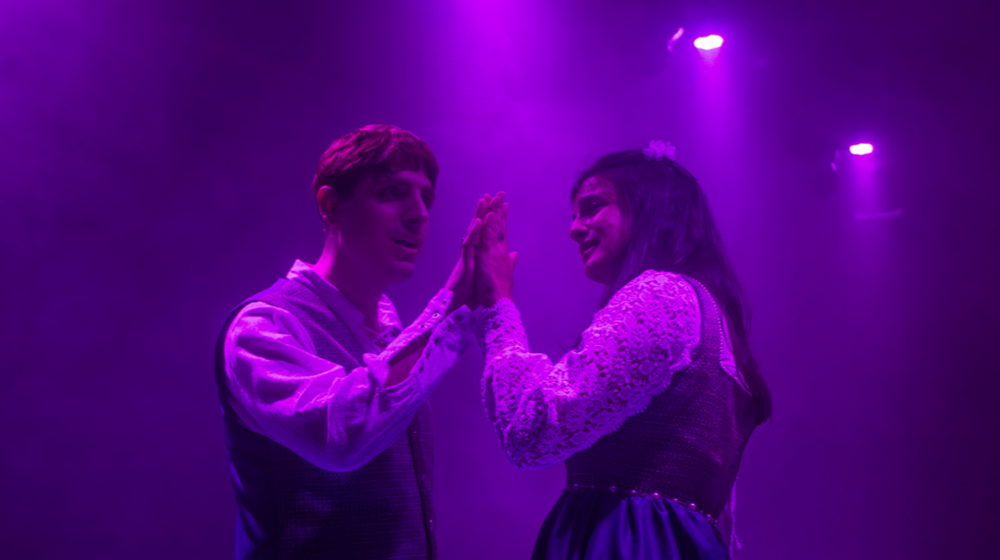
At the dawn of 2026, in the place that gave birth to theater, in Athens, Thessaloniki, and regional theaters, more and more stages are unable to serve the ever-growing “theater-loving” public, which in turn is faced with repeated “sold-out” performances.
Performances such as “An Enemy of the People” in Thomas Ostermeier’s groundbreaking direction, Aris Biniris’ reading of Goethe’s “Faust,” “Who’s Afraid of Virginia Woolf” directed by Sotiris Tsafoulias, Beckett’s monumental work “Endgame,” directed by Makis Papadimitriou, are seeing their electronic tickets sell out at lightning speed when posted on the relevant public service platforms—and rightly so.
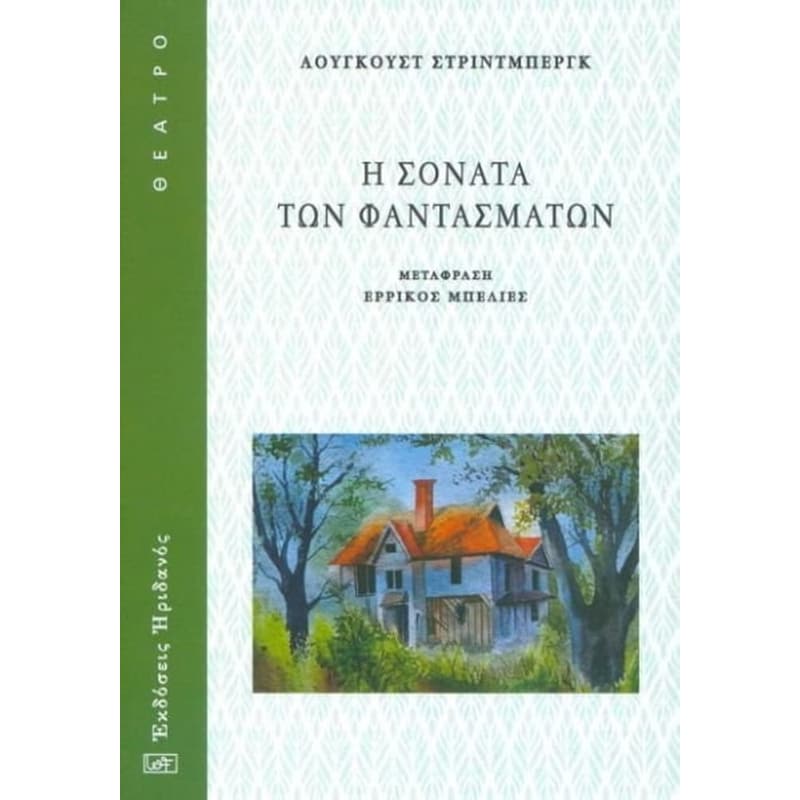
Strindberg’s classic work, translated by Errikos Belies, published by Hridanos
For those who enjoy theatrical dialogue and the musicality of the classical repertoire, Days of Art in Greece leafs through and recommends theatrical publications for all tastes. These publications are so vivid that you can almost see the letters dancing before your eyes, creating the ideal conditions for the stage of imagination and the mind.
The publications of translations of the most important works of the leading American author Tennessee Williams by Errikos Belies provide an opportunity to visit his universe. Hridanos Publications recommends that fans of the classic repertoire seek out titles such as The Glass Menagerie, one of the author’s most personal works. As the late Belies notes, “This reference to personal data that has been transformed into theatrical action was a stumbling block at the beginning of his career, but later critics praised him because it turned out that Williams managed to capture the feverish pulse of the middle class in post-war America and convey it to the audience without embellishment, but also without messianic prescriptions.”

If you are interested in theatrical adaptations of classic literary masterpieces, then you should definitely check out the theatrical duo of Lazaros Vartanis and Stefanos Papatrechas’ take on Honoré de Balzac’s “The Cursed Child.” Their adaptation was recently published by Kedros Publications, alongside performances given every Monday and Tuesday at the Arroyo Theater. In her prologue, the beloved Sofia Filippidou concludes: “We know that in the novel, young Étienne’s heart cannot bear his father’s order to marry the daughter of the Comtesse de Grandlieu and collapses to the ground. Next to him, his beloved Gabrielle also falls lifeless. However, the pen of our writers becomes a sword here and pierces the most beautiful, innocent hearts of the young lovers who dare to appear before the heartless father and raise their beautiful bodies, saying ‘no!‘

One of the most entertaining works by Eugène Labiche and Marc Michel, “The Italian Straw Hat ” can be read in Yannis Thivaios‘ lively translation, published by Hridanos. From 1851 to its contemporary stagings, the work has entertained audiences with its unexpected twists, its original surrealism, and its satirical jibes at the aristocracy and upper middle class.
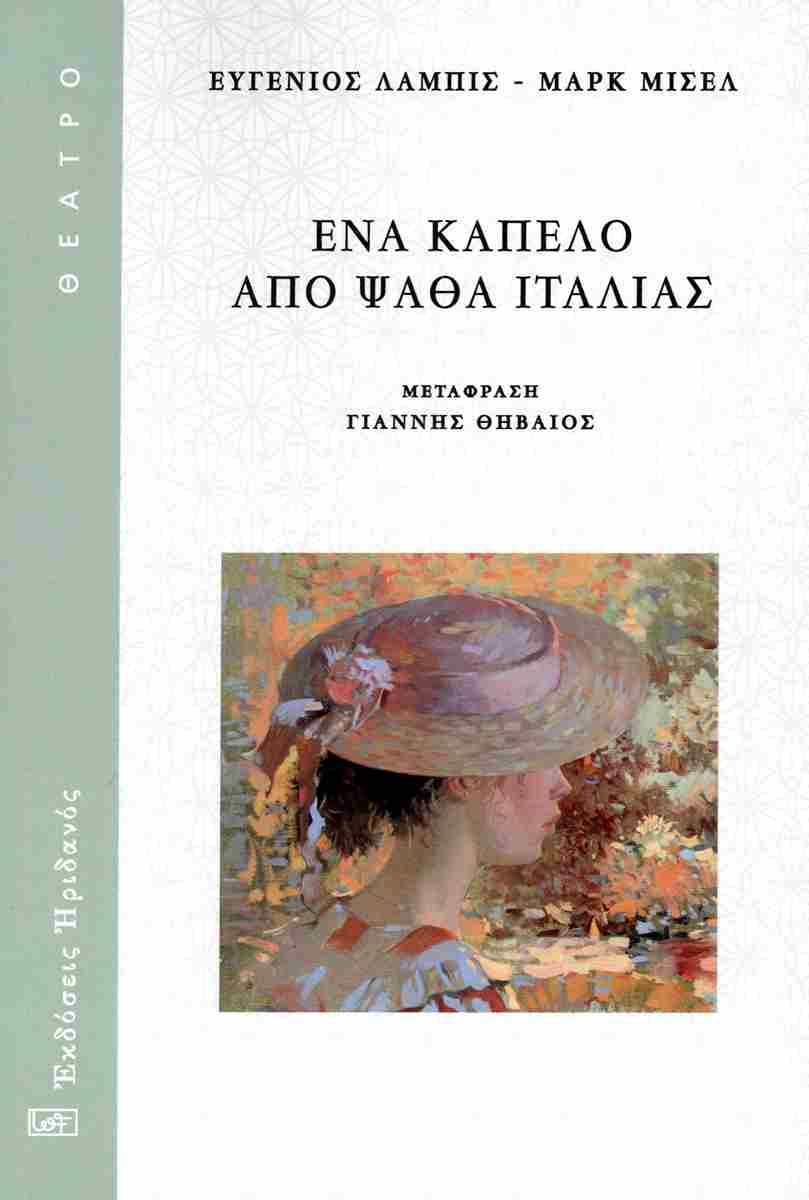
Korais Damatis (Vakchikon Publications) offers his own version of Sophocles‘ Antigone, transcribing the masterpiece of antiquity and prefacing it with Thucydides’ saying: “You will either be free or you will be quiet, but you cannot be both.” Born in Alexandria, Egypt, Korais Damatis has successfully served all genres of theater, and in his current work he connects Antigone’s rebelliousness with the struggles that defined his generation (youth movements, mobilization against the Vietnam War). Antigone ultimately emerges as a figure who defines the collective memory of the Greeks, with the final choral song striking a chord throughout the ages with its wisdom: “Words of pride and insolence/bring down ruins, great wounds./ As you grow old, you slowly learn.”
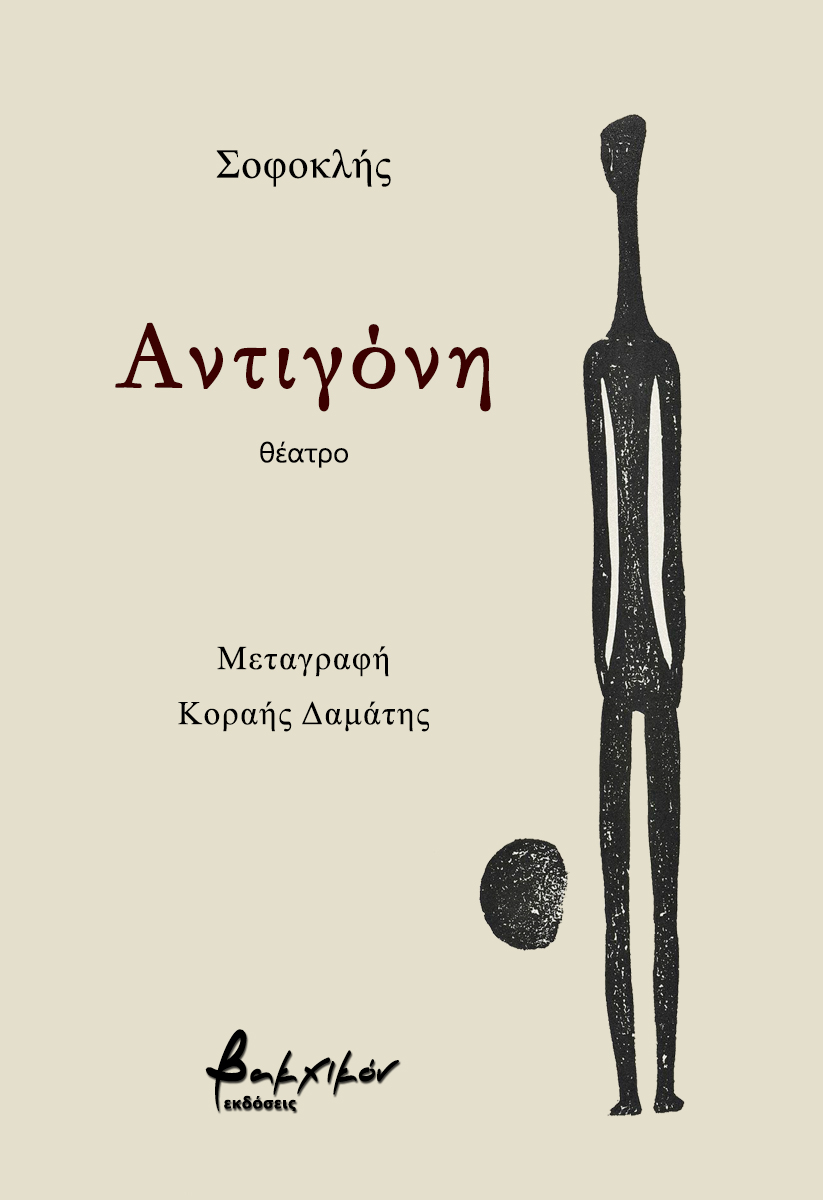
Inspired by Aeschylus’ Oresteia and the various versions of the myth of Electra, Eugene O’Neill created his own trilogy under the general title Mourning Becomes Electra. “Homecoming” “The Hunted,” and “The Haunted” confront the puritanical culture of New England and offer a dynamic, psychoanalytical approach to the characters that make up the Mannon family. The translation achievement of Konstantinos Kyriakou and Katerina Bilali is complemented by introductory notes that reveal to the reader the genius of O’Neill’s literary construction: “… The Mannons are driven to self-destructive behavior by internal needs and compulsions that they can neither understand nor control [..] This combination of Greek mythology and contemporary psychology by O’ O’Neill ultimately proved his status as a great global playwright, creating the first true culmination of his literary work, which was undoubtedly the trilogy Mourning Becomes Electra.”

In 2006, on the occasion of the 100th anniversary of the death of Norwegian author Henrik Ibsen, Nikos Perelis and the theater group “Alli Skini” participated in the global commemorative events. Anghelakis Publications, with its enduring love for both contemporary Greek works and translated drama, has included Rena Kontogianni -Nikos Perelis, which highlights how contemporary this controversial work remains, daring to draw parallels with the contemporary political establishment and the person who refuses to remain silent about all kinds of crimes committed against the community. “A mob is someone who sees injustice and does not cry out. They are uprooting our foundations and building us into indifference, cruelty, and barbarism. Everyone dreams of a social explosion, but the stabilization of hypnosis continues.”
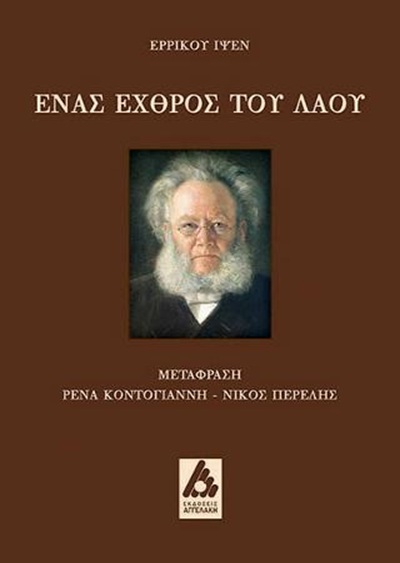
In a work that its author, Anton Chekhov, described as a comedy, The Cherry Orchard the great observer of the human psyche listens to the decline of a fading class and the beginning of a new order of things that will ultimately lead to the October Revolution. Focusing on the still moments of everyday life—masterfully rendered by the ever-theater-centric Errikos Belies (Hridanos Publications)— The Cherry Orchard comes to life as a precise musical score and Anton Chekhov’s legacy to humanity.
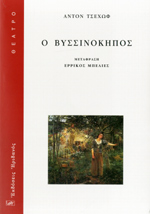
Picking up where his predecessors Arthur Miller and Eugene O’Neill left off, Edward Albee, in Who’s Afraid of Virginia Woolf, takes a look at what goes on in the microcosm of a peculiar couple (in a house on a US university campus), making cuts in terms of phrasing and realistic character portrayal. Especially in the case of characters such as George and Martha, the profanity based on the social norms of the time is shocking, and their inner decline is depicted in the bleakest of colors. Dodoni Publications, in their series on world theater, present the first translation of the play into Greek, by Kaiti Kasimati-Myrivili, which was performed at the Art Theater in 1965 (directed by Karolos Koun).

A more extensive encounter with the work of Swedish author August Strindberg allows readers to understand the breadth of his themes and the diverse genres he always served with success and three-dimensional development of his theatrical characters . Those who turn to the translations by Errikos Belies, published by Hridanos, will discover from the outset an author who expresses his opinion on the decline of the modern world (The Ghost Sonata) but who at the same time can excite our imagination with his nightmarish images (The Pelican) and unexpectedly lighten the atmosphere by resorting to the form of boulevard theatre (The First Warning).

Truly great authors never cease to amaze us!

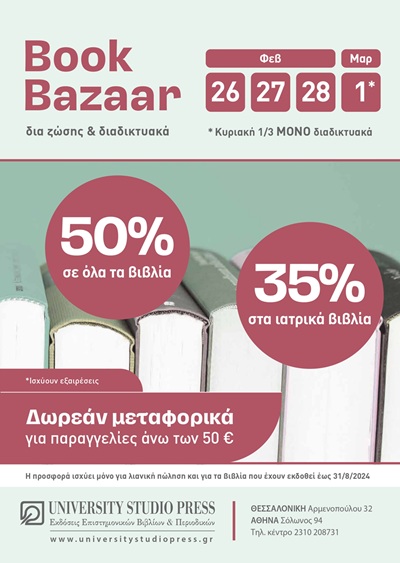

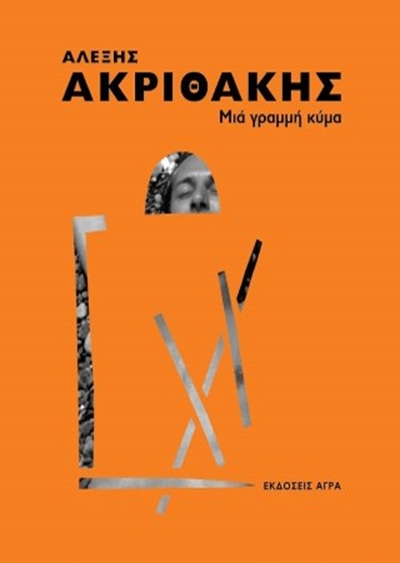
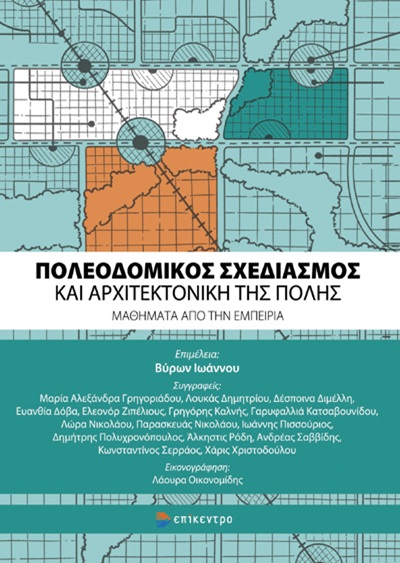


Leave A Comment